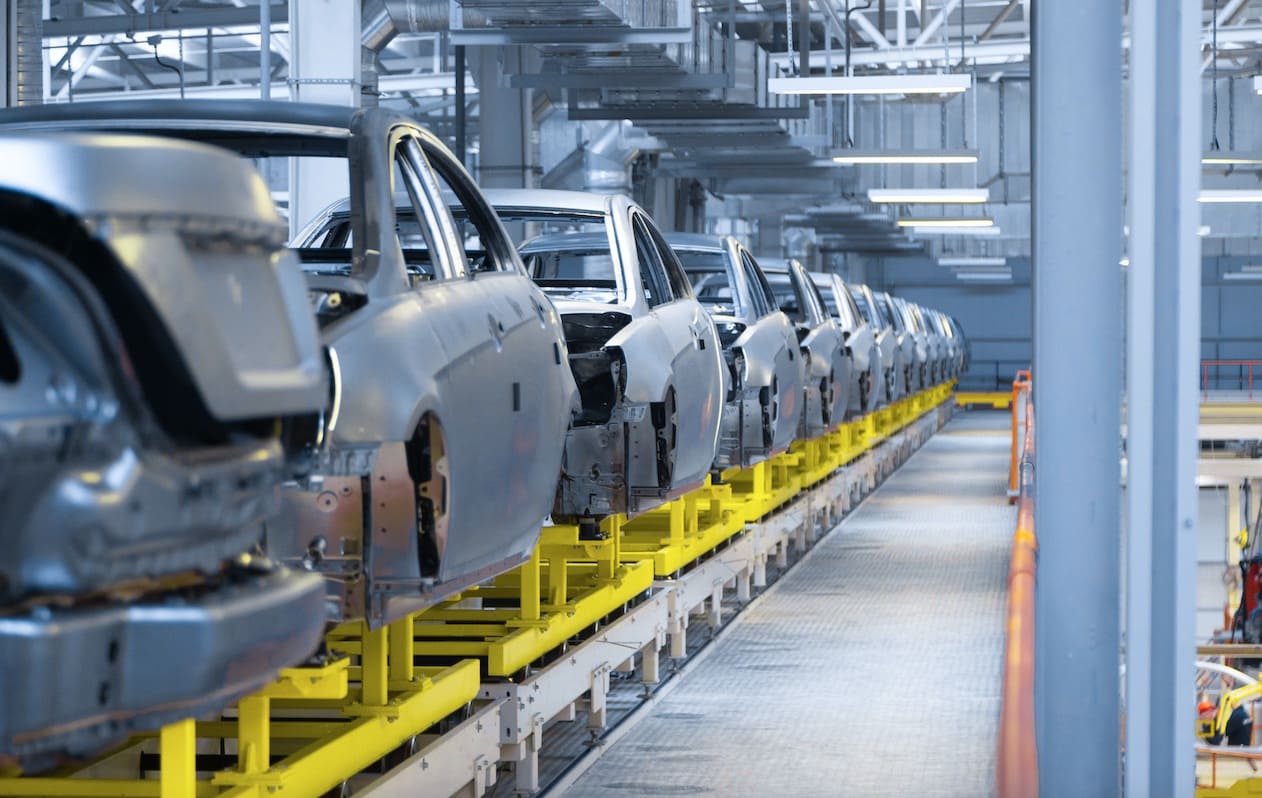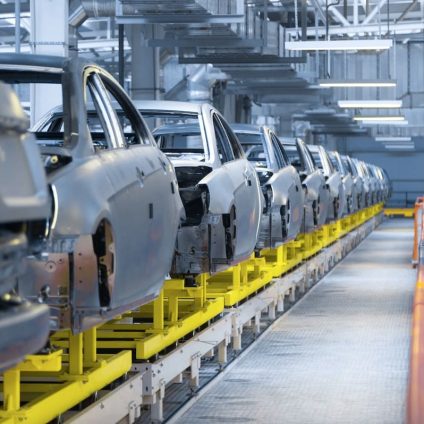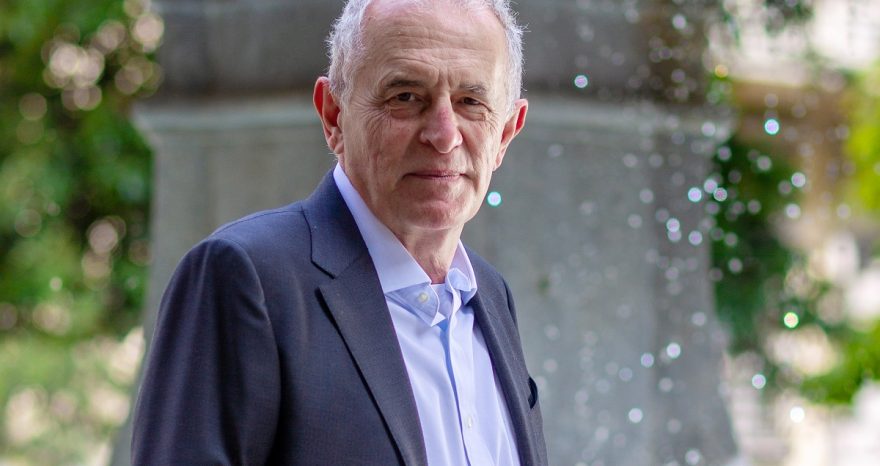The EU Commission maintains its timeline for the 2026 review of auto regulations, reaffirming the 2035 ban on gas and diesel cars despite pressure from Italy and other member states.

The European Union Commission has reaffirmed its commitment to the 2035 ban on the sale of new gas and diesel cars, dismissing requests to revisit the timeline. Vice President Roxana Minzatu confirmed the regulatory goals and deadlines in response to questions from the European People’s Party (EPP), emphasizing the importance of maintaining a clear transition path for manufacturers, suppliers, and investors. Despite pressure from Italy and other member states, the Commission stands resolute on its roadmap.
Italy’s Proposal to the EU
Italy, along with the Czech Republic and supported by other key European industrial players like France, has proposed a “non-paper” seeking modifications to the regulation. Italian Minister of Made in Italy, Adolfo Urso, advocated in Brussels for an earlier review of the automotive industry’s regulatory framework, suggesting a revision in 2025 instead of the planned 2026.
The key demands include:
- Adjusting penalties that could cost automakers billions if they fail to reduce vehicle emissions.
- Recognizing biofuels—where Italy is a European leader—as part of the clean energy alternatives, alongside electric engines and synthetic fuels.
Under current regulations, automakers face fines of approximately €95 for every gram of CO2 exceeding the EU limit, multiplied by the total number of vehicles sold annually in the EU market. This puts significant pressure on manufacturers to accelerate the adoption of hybrid and electric vehicles to avoid hefty financial repercussions.
Minzatu’s Firm Stance
Vice President Minzatu made it clear that the EU’s timeline remains unchanged. “The regulation requires the Commission to present a progress report by 2025, with a review scheduled for 2026,” she stated. She underscored that the 2035 target provides critical stability for the industry, ensuring adequate time for a fair transition.
Minzatu also highlighted the role of e-fuels in the shift to electric mobility and reassured stakeholders that Brussels will develop a roadmap to safeguard quality employment during the transition.
Market Challenges and Investments
The European Automobile Manufacturers Association (ACEA) has flagged challenges in the market, noting that sales of battery electric vehicles (BEVs) remain stagnant at approximately 13% of market share. To address these hurdles, ACEA members have pledged €250 billion in investments to accelerate the shift toward green mobility.
Final Decision Rests with Von der Leyen
The ultimate decision lies with Ursula von der Leyen, who announced before the holidays that a strategic dialogue will commence in 2025. “The auto industry is a European pride, essential for our prosperity. It drives innovation, supports millions of jobs, and is the largest private investor in research and development,” von der Leyen remarked. She stressed the need for a diversified strategy to remain competitive in the global auto market, particularly against rising Chinese dominance.












